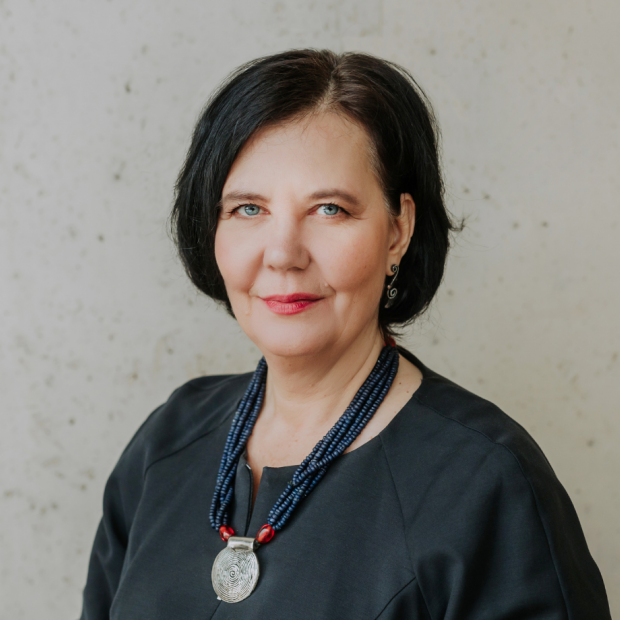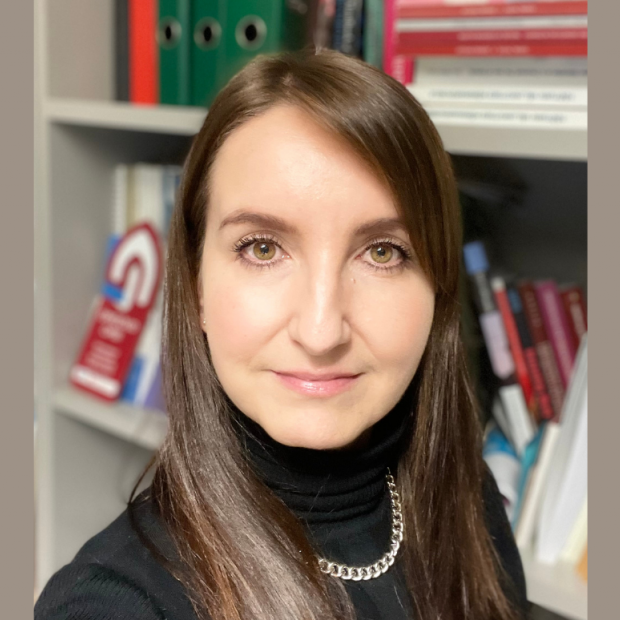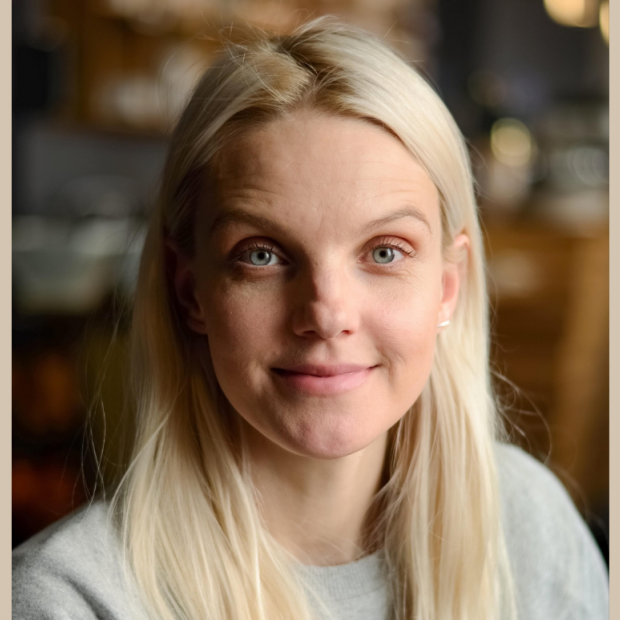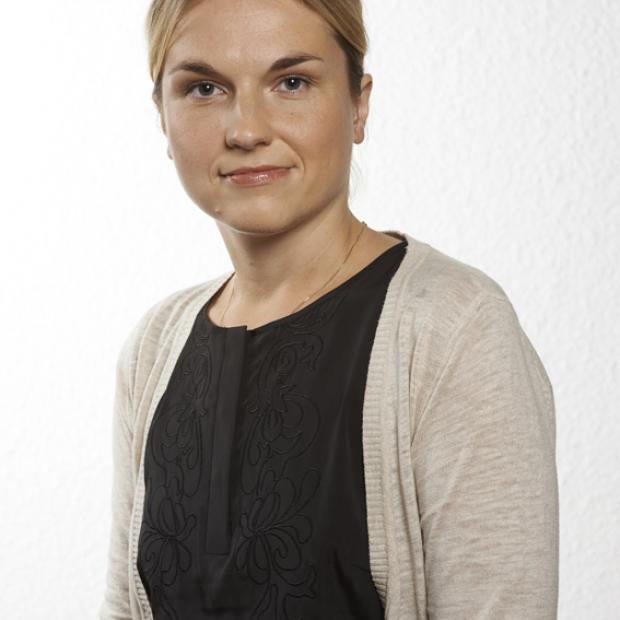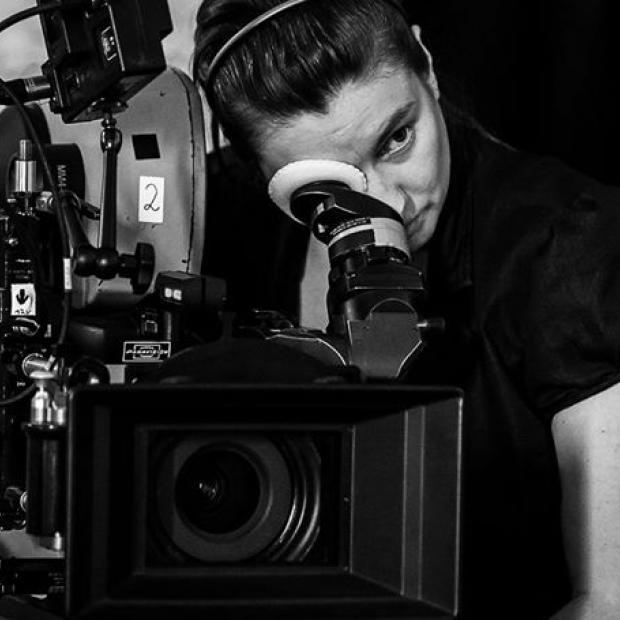Dissertation reveals establishing new teaching method can take an academic year or longer
On 13 October, Janika Leoste, a postgraduate of the School of Educational Sciences of Tallinn University, will defend her doctoral dissertation on "Adopting and Sustaining Technological Innovations in Teachers’ Classroom Practices – The Case of Integrating Educational Robots into Math Classes".
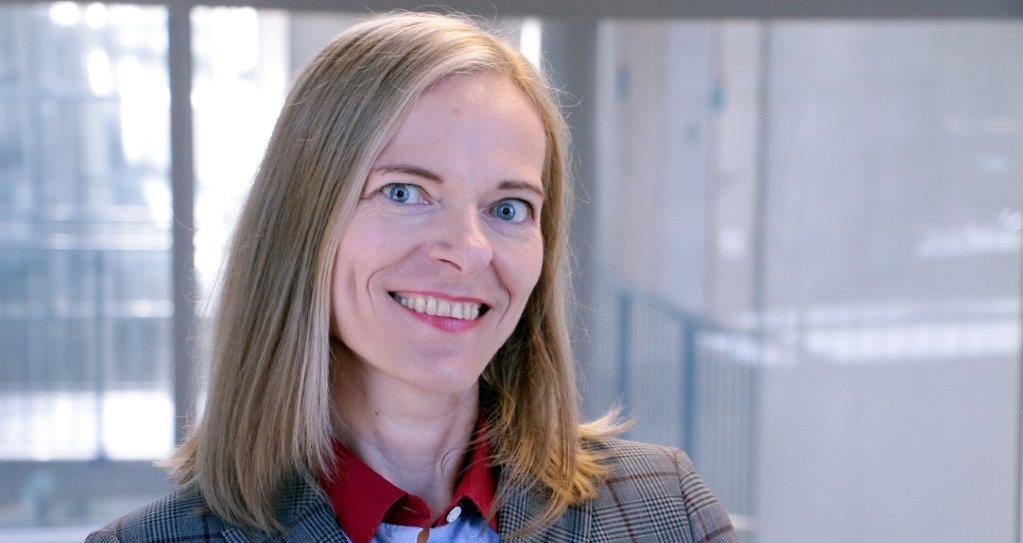
The applied research conducted for the thesis over the course of four years involved 189 Estonian teachers and educational technologists from 67 schools as well as more than 2000 students. As a result, the researcher created a TELIP (Technology Enhanced Learning Innovation Process) model describing the three-step process teachers go through in adjusting to new technological learning methods (Awareness-Acceptance-Adoption). In order to move from one step to the next one, various factors supporting the sustainability of the learning method need to be taken into consideration. In creating the model, the world’s most common technology adoption models as well as practical research in the field in recent decades were taken into consideration. The testing process of the model involved teachers of the 3rd and 6th grade who had integrated the use of robots into their mathematics teaching methods over the course of three years.
The importance of the TELIP model and other similar approaches is on the rise because of the need to effectively and sustainably implement the information-intensive and relatively expensive learning methods necessary for the green revolution in the European Union. Leoste hopes that the paper will help educators, politicians and school heads understand that simply using an innovative teaching method is not enough to integrate that method into the teachers’ classroom practices. In order to enrich their teaching methods, the teachers need to know for a fact that the new approach will add value for the learning process as a whole as well as for the learning outcomes and wellbeing of the students. The only way to provide this assurance for the teachers is to test the new methods in real life situations – a process that might go on for the entire school year or longer. It is true, however, that testing can lead the teachers to believe that the new method is unsuitable for practical use. From the point of view of national education policy, implementing a new learning method must therefore take into consideration factors that prove the sustainability of the method, in particular the social practices associated with acquiring the method. Factors influencing the teachers’ agreement and acceptance of the method need to be addressed at certain stages of the implementation process of the method to allow them to integrate it more quickly and painlessly into their teaching practices.
With the participation of Tallinn University, the TELIP model has been used in multiple project proposals that will be submitted to Horizon Europe’s application round for the sustainable implementation of innovative learning methods.
The public defence takes place in auditorium M648 at Tallinn University. The defence can also be viewed via Zoom.
The supervisors of the thesis are Professor Mati Heidmets, Tallinn University, and Professor Learning Analytics and Educational Innovation Timo Tobias Ley, Tallinn University. Opponents are Professor Margus Pedaste, University of Tartu, and Associate Professor Kalle Juuti, University of Helsinki.
The dissertation is available in the ETERA digital environment of TU Academic Library.
